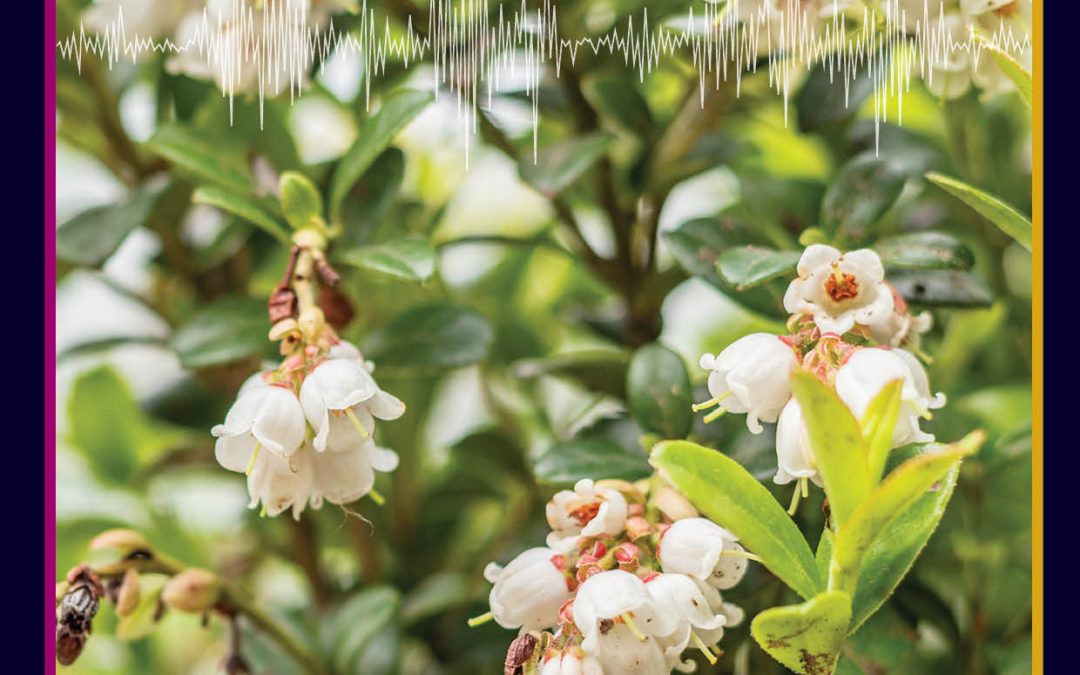
by admin | May 18, 2022 | biology, earth and environment, earth and environment animated, research animated
A welcome sign of a change in seasons, the year’s first flowers usher in the start of spring. Yet, as the climate warms, some flowers are blooming earlier. Since plants respond to environmental cues, such as temperature, shifts in their annual development has long been considered an effect of climate change. However, significant warming does not always lead to earlier flowering.
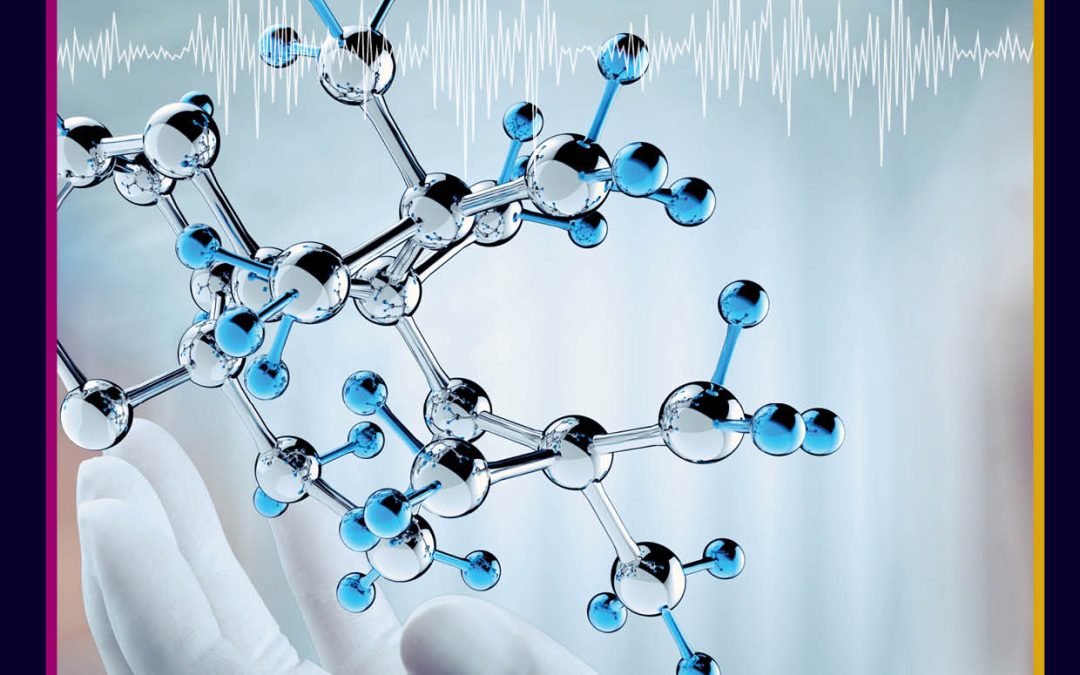
by admin | Apr 27, 2022 | biology, health and medicine
All women are exposed to oestrogen from puberty through menopause. Oestrogen is a natural hormone that is important for breast development and the maintenance of tissues in women but is also linked to an increased risk of breast cancer. As many as 1 in 8 women in the USA will be diagnosed with breast cancer over their lifetime, and the majority of these breast cancers are sensitive to oestrogen. Dr Joseph Jerry and his collaborators at the University of Massachusetts are studying the environmental exposures and genetic differences that alter the consequences of exposure to oestrogens.

by admin | Apr 27, 2022 | biology, earth and environment
Important clues buried within ancient rocks that were deposited on the ocean floor around one billion of years ago could help scientists understand the evolutionary history of life on Earth. Dr Romain Guilbaud and an international team of researchers from the UK and China analysed the chemical composition of these rocky sediments from the Huainan Basin in North China. Their findings demonstrate how changes in ocean chemistry occurring between one billion and 800 million years ago strongly limited the production of atmospheric oxygen, which is a necessary prerequisite for the planet to host complex life.
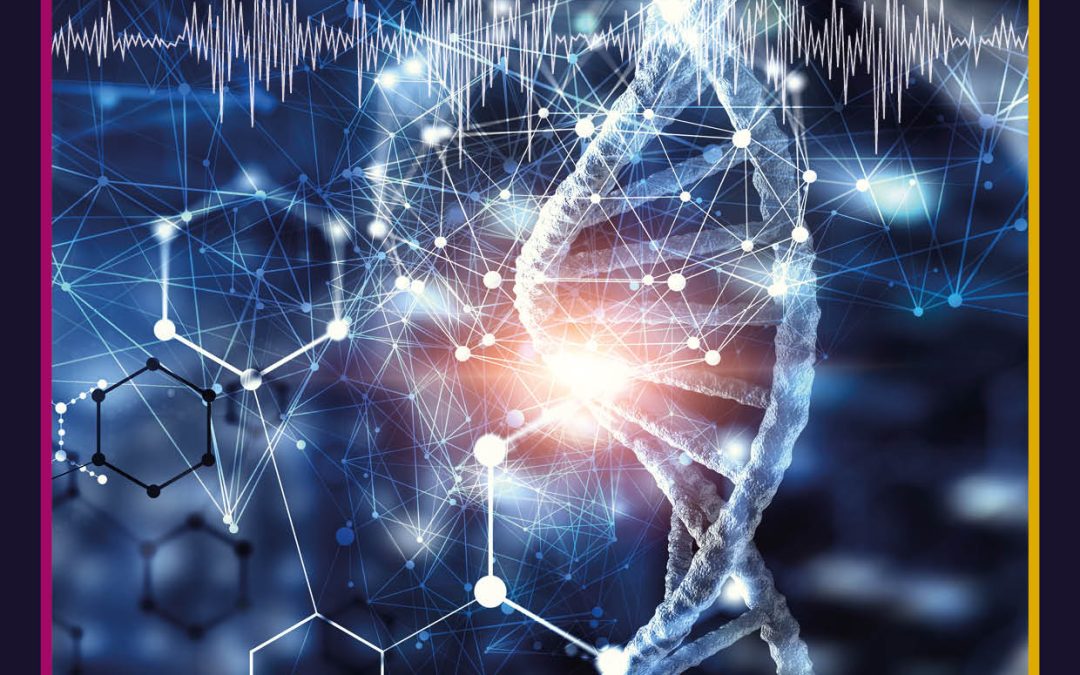
by admin | Apr 25, 2022 | biology, health and medicine
Covalent drugs are molecules that irreversibly bind to specific, targeted sites in the body. They work to inhibit the disease-causing functions of certain proteins by preventing them from interacting with other substances. This is a highly promising field of drug development and the focus of Dr Mikail Abbasov from Cornell University, New York, USA. By creating and utilising new technologies and through collaborative research, Dr Abbasov has mapped novel molecular targets for potential covalent drugs to treat ailments ranging from cancer to autoimmune diseases.
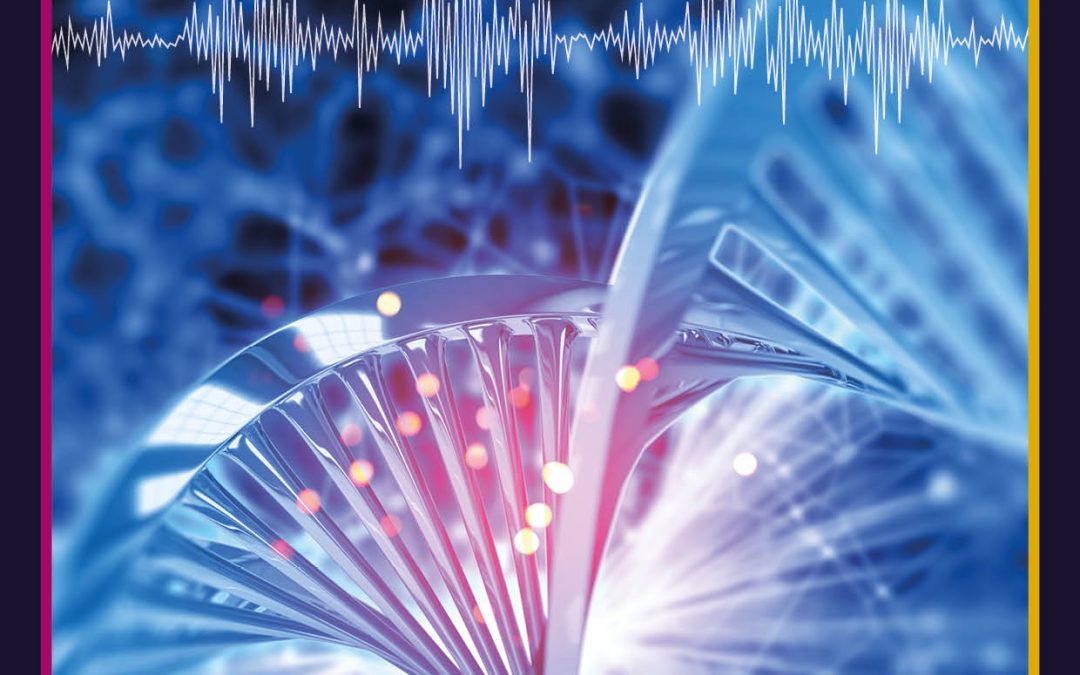
by admin | Apr 25, 2022 | biology, health and medicine
Cancer can be caused by genetic mutations or epigenetic alterations, which are changes to the way DNA is processed, rather than to the DNA itself. These changes can be brought about by obesity, and more specifically, oxidative stress and consequent reactive oxygen species. However, the molecular mechanisms by which this occurs are not well understood. Dr Aliccia Bollig-Fischer from Wayne State University School of Medicine in Michigan is studying these processes and paving the way for the development of novel cancer therapeutics.
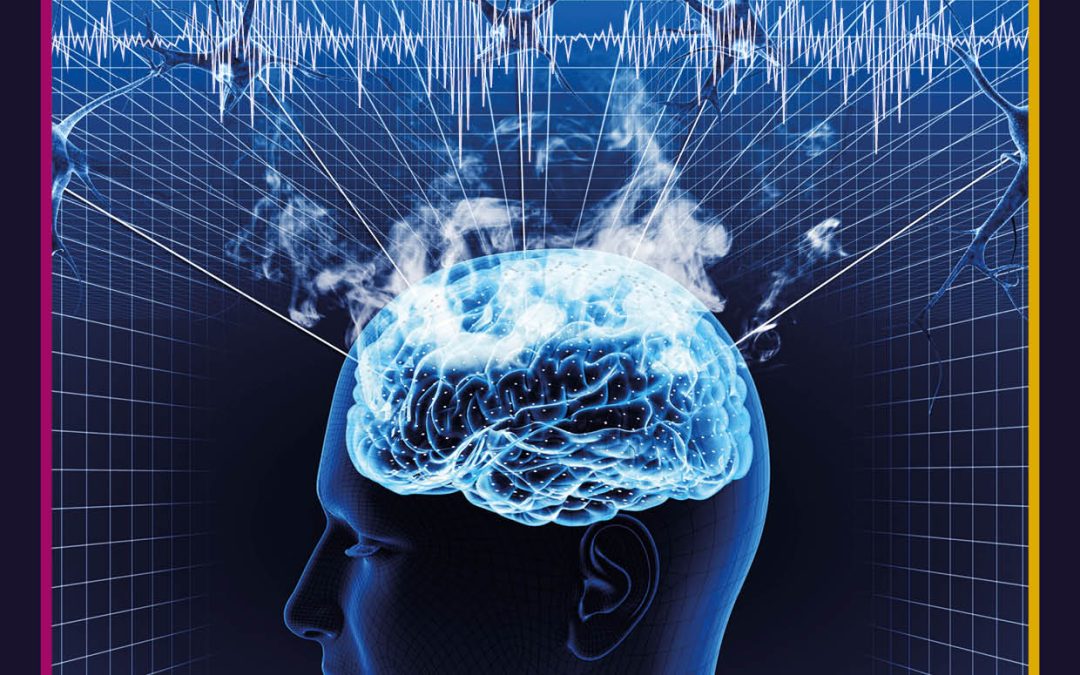
by admin | Apr 21, 2022 | biology, health and medicine, social and behavioural sciences
Stress produces numerous negative effects on the human body. Lying deep within the brain, one particularly sensitive area is the hippocampus, where chronic exposure to stress hormones can lead to the degeneration and death of neurons. Thankfully, the brain holds defence mechanisms that block some of these negative effects. Deciphering these mechanisms with the aim of better treating neurodegenerative diseases and depression is Dr Y. Peng Loh from the Eunice Kennedy Shriver National Institute of Child Health and Human Development in the USA.






